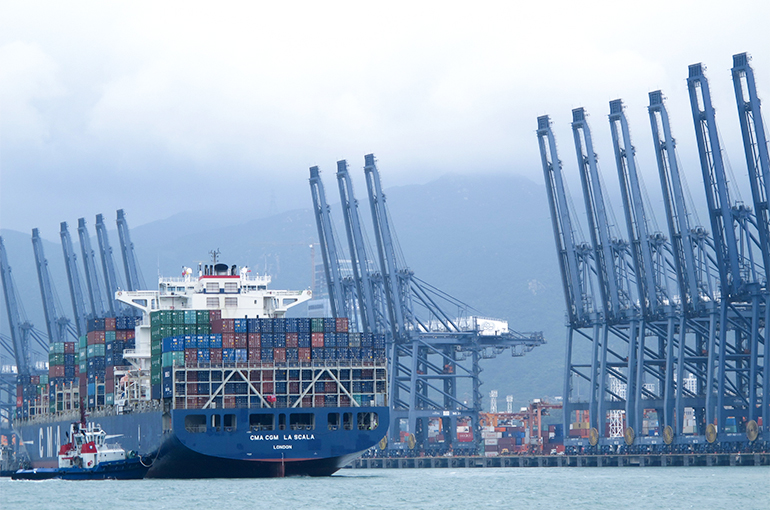 Chinese Transborder E-Commerce Vendors Raise Prices After US Ends Small Parcel Tariff Waiver
Chinese Transborder E-Commerce Vendors Raise Prices After US Ends Small Parcel Tariff Waiver(Yicai) Feb. 6 -- A number of Chinese cross-border e-commerce merchants have responded to US President Donald Trump’s elimination of the de minimis tariff exemption for imported low-value goods by raising their prices.
Yiwu Canyuan Import and Export hiked the prices of its products on cross-border e-commerce sites by 25 percent yesterday due to the change in US tariff policy, Feng Junfeng, the general manager of the small goods trading company, told Yicai.
On Feb. 1, Trump signed an executive order ending the de minimis tariff waiver for items valued under USD800. According to data from the US Customs and Border Protection agency, the move will impact more than one billion low-value items shipped directly from China to individual consumers in the country.
Logistics provider YunExpress started charging US customers an additional CNY20 (USD3) per parcel for US customs clearance, saying the change in US tariff policy had led to a significant increase in clearance costs.
The US Postal Service announced on Feb. 4 that it would suspend accepting packages sent to the US from the Chinese mainland and Hong Kong. It reversed the decision yesterday.
Chinese cross-border e-commerce merchants need to change the way they deliver goods from direct shipping to consumers to general trade methods, which will increase the cost and delivery time by one to two days, Wang Sijie, vice president of Chinese cross-border supply chain services provider Winit, told Yicai.
In the short term, more merchants will rely on overseas warehousing for their goods, with this kind of business expected to grow significantly this year, Wang noted. To save on delivery cost and time, cross-border e-commerce vendors can ship goods in bulk to overseas warehouses and deliver them to local customers from there, Wang said.
Editors: Dou Shicong, Futura Costaglione